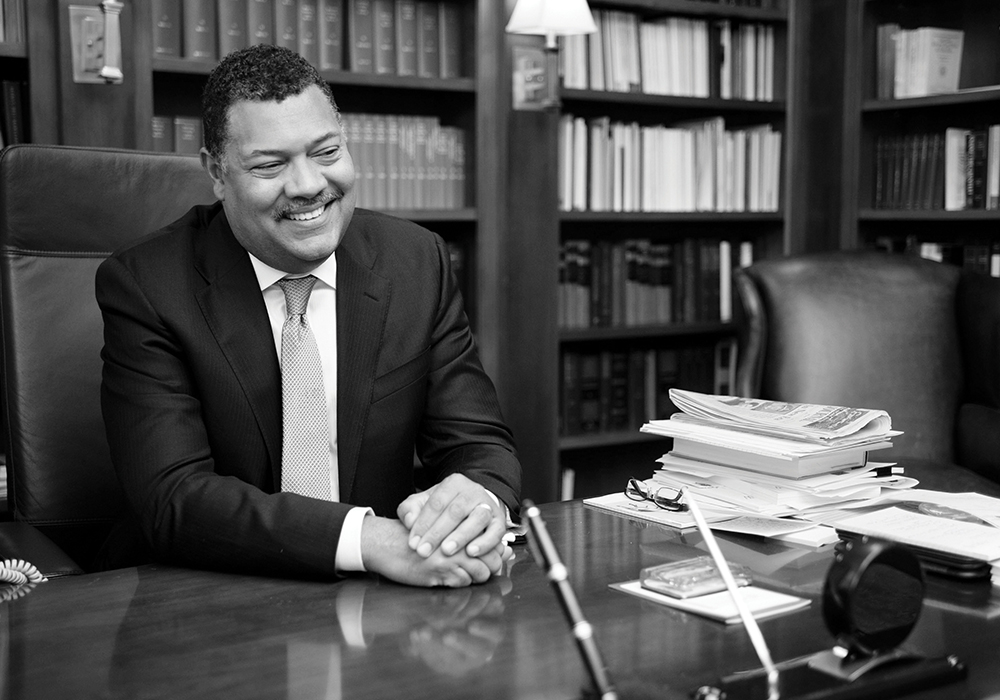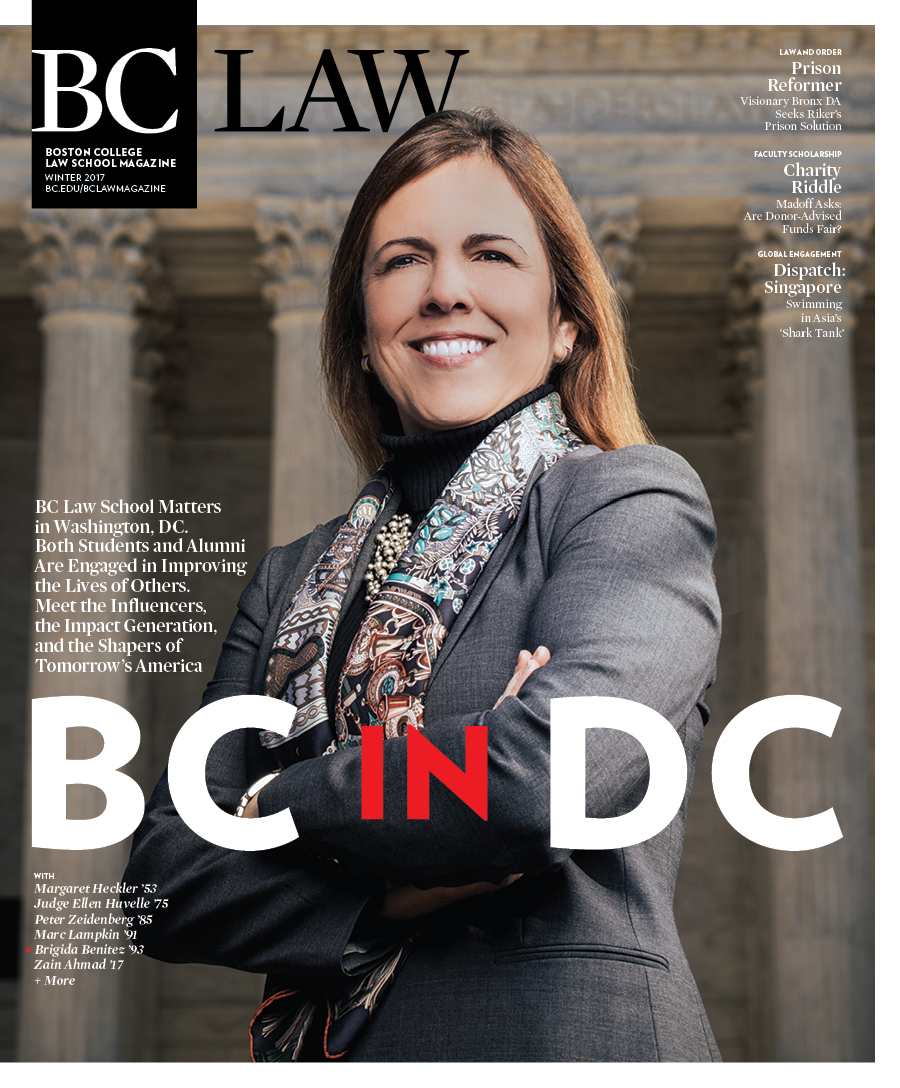Recently, I heard a segment on National Public Radio’s “Story Corps” in which a ninety-four- year-old New Jersey man confessed to a devastating choice he had made as an eight-year-old. While playing in the school yard, he accidently broke a classmate’s eyeglasses. The boy was distraught at having to tell his father that his eyeglasses would need to be replaced. The glasses cost $2, a significant expense in 1930. The boy demanded to be paid so “the fathers” would not have to get involved.
Terrified to incur the wrath of his own parents, but feeling obligated to pay because the accident was his fault, the storyteller did something that has haunted him for the last eighty-six years. Remembering that his mother left $2 out each week to pay the family housekeeper, he took the money to settle affairs with his classmate. When the housekeeper, a black woman with young children, informed his mother that the money had gone missing, his mother assumed that she had stolen it. The housekeeper was dismissed, and his mother quickly spread the word that the woman was dishonest, which made it impossible for her to find another job in one of the few types of employment available to black women.
“What we say, or what we fail to say, can change the course of someone’s life. Words can heal, and words can destroy.”
Haunted by his failure to speak up and desperate to make amends, the man finally told the story to NPR in the hope that someone might recognize his name or the housekeeper’s. The reporter airing the segment noted at the end that the entire studio had been moved to tears, as was I.
There are many lessons we can draw from this story. One in particular strikes me: What we say, or what we fail to say, can change the course of someone’s life. Words can heal, and words can destroy. What is undeniably true is that words matter.
An essential tool in a lawyer’s craft is language. Words both written and spoken are at the heart of what every lawyer does. So much of an attorney’s work involves interpreting what people say or have failed to say and, then, reckoning with the consequences.
In the wake of a divisive US presidential campaign, I am reminded of the power of words. President Trump made many extraordinary statements en route to the White House, and Americans’ reactions to those words varied dramatically. Some chose to ignore them or to empty his words of meaning. For others, it was not possible to dismiss what had been said. For them, words mattered, as well they should.
When I teach first-year Contracts, I talk about the interpretation of writing and speech. In American contract law, words can force a speaker into a contractual obligation regardless of whether or not he or she intends to be bound. In most cases, the meaning of the words is interpreted objectively. What would reasonable people understand the words to mean in the particular context in which they were written or said? Alternatively, how would a reasonable person in that situation interpret silence?
It is unlikely that our storyteller will be able to fix the damage he caused by his failure to speak up years ago. But his choice to speak now and the powerful response his story has engendered demonstrate once again why words matter. President Trump now has an opportunity to speak to Americans and the world in a way that befits the gravity of his office. The fates of many will rest on his ability to know when his words are essential and need to be believable, as well as when it is better to be silent.
Photograph by Suzi Camarata



